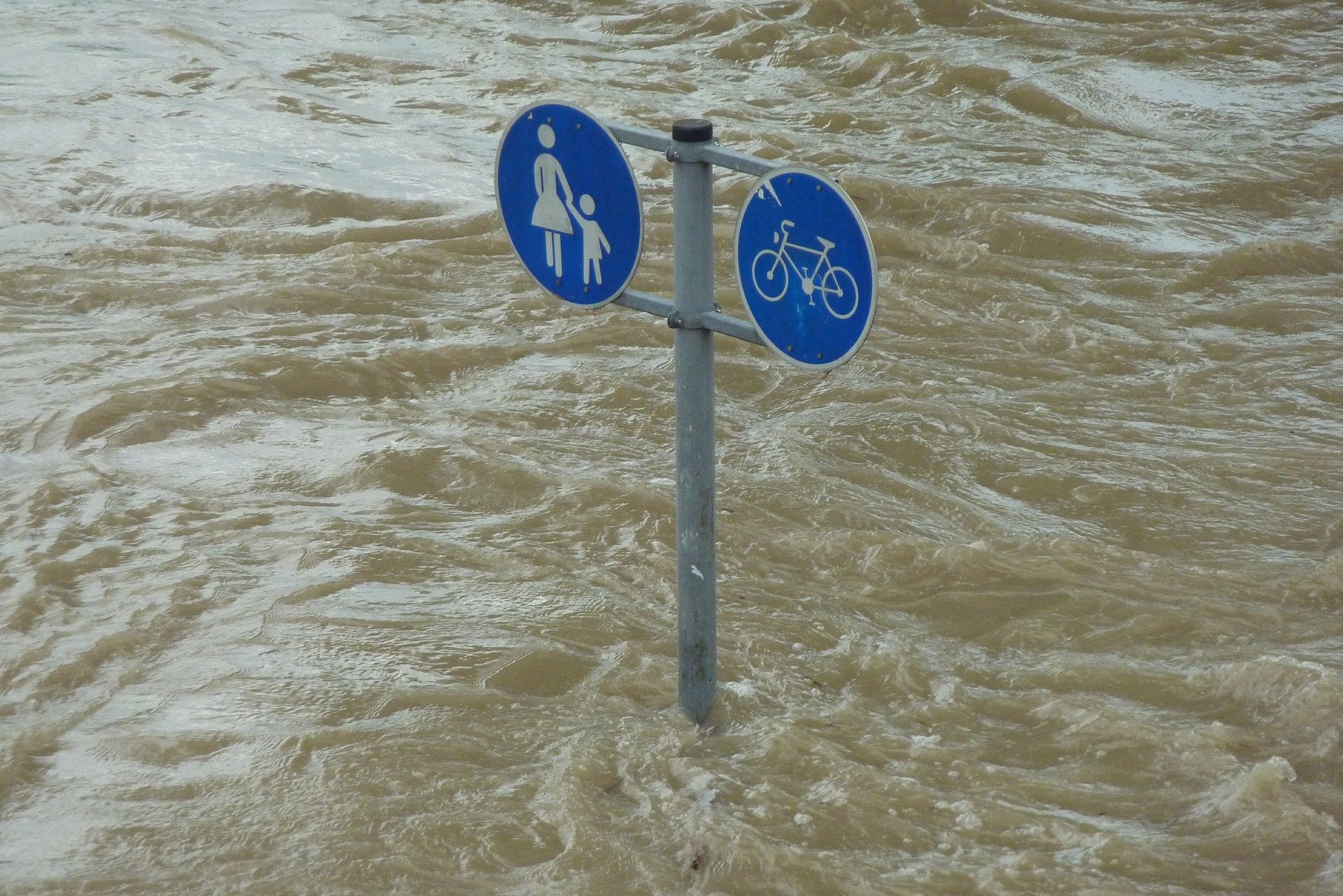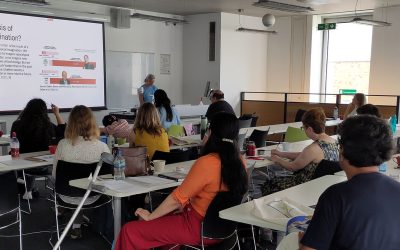Key Dates:
28th Feb 2022: Abstract deadline
4th March 2022: Acceptance emails sent
17th June 2022: Deadline for 2,500-word papers
24th June 2022: Final Programme available.
4th-6th July 2022: Climate Emergency Mobilities Symposium.
Please follow this link to submit your 300-word abstract
If you are an early career researcher and thinking of submitting an abstract for the symposium, you may also be interested in applying for our New Researcher Support Scheme
Nicola Spurling and David Tyfield at Lancaster CeMoRe invite contributions to the Climate Emergency Mobilities Symposium in July 2022.
Responding to this situation, the Centre for Mobilities Research (CeMoRe) has established climate emergency as our key research theme for the period 2020-2025, publishing a Manifesto. Our aspiration in the next 5 years is to address the socio-cultural implications and transformations of the climate emergency through creative extensions and expressions of mobilities scholarship. This includes local and global transport, but is meant much more inclusively than this, to embrace the extensive, relational connectivities that constitute social, political and economic life. Our aim is to enable a transformation of contemporary (im)mobilities that prioritises climate justice, and which acknowledges that there is no contemporary issue that climate change does not speak to in some way.
Building on this initial work, this Call for Abstracts takes the next step regarding a Symposium on the agenda of climate emergency and mobilities, with a view to a unique publication of the contributions to this event. The key question motivating this work is:
“How can mobilities thinking help formulate a new, compelling and common sense understanding of socio-cultural change in an age of climate emergency and a changing planet?”
And equally, then in turn:
“How does thinking with and through climate emergency, in all of the diverse forms through which it manifests in actual lives and livelihoods, alter, deepen and illuminate mobilities thinking?”
The two questions, together, feel particularly urgent and promising to us, regarding the possibility of new and insightful ways of thinking about and responding to climate emergency. This is not just because, as listed above, issues of actual mobilities, and immobilities, are obviously so central. But also because mobilities thinking has, now for some 20 years, proven itself particularly generative of profound conceptual innovation, productive transdisciplinary synthesis and exciting horizon-stretching reflection. We presume, expectantly, that this fecundity will continue and this call invites paper proposals from scholars working across all disciplines who have an interest in engaging with these questions.
Although we are unable to chart exactly where this agenda will lead, we set out a few pointers by way of inviting your contribution to this programme. Perhaps the most obvious place to start is by reflection on just how far the mobilities paradigm has itself developed since its initial emergence. The first writing about mobilities arose at the turn of the century in the context of critiques of a burgeoning globalisation and a world that was (seen only to be increasingly) ‘on the move’. This early work embraced the need for a new approach that could incorporate both these new constitutive, and often trans-boundary, mobilities and the various neglected immobilities they presupposed and/or enforced. It also, therefore, both argued for and demonstrated the explanatory power of an approach that went beyond the long-settled boundaries and disciplinary silos of a presumptively static and contained social science, characterised by methodological nationalism and settled sociological categories.
Most importantly for our purposes, while concerned about socio-environmental issues from the beginning, in the intervening two decades, climate change has escalated – whether as issue or as actuality – from one topic amongst many on which research could focus to become the ground on which all social and cultural life, and thus all research, must find its feet. Moreover, the very extension and acceleration of mobility that was the initial interest of the mobilities turn has itself been intimately implicated in this shift. Indeed, it is almost as if the increased movement and contemporary forms of connectivity have created heat, that then, in turn, has driven more mobility in a positive feedback loop that is now leading to a phase shift, a boiling point, in the globalizing way of life and the planet on which it asymmetrically depends. Confronting such an inflection point calls for new thinking for a new world that seems now to be unstoppably upon us but also radically uncertain.
In short, climate emergency confronts us with the need for a paradigm shift, expanding the openings already inhabited by the mobilities paradigm to date. And it is this that we are seeking to explore and develop in this programme. Hence, what are keywords for the 2020s? What emergent, unanticipated, perplexing social and cultural phenomenon should be of critical concern at this time? What is unseen, yet needs to be made visible? What does this do to common-sense understandings of society, and what does it signal for the 21st Century (and beyond)?
Our project is thus not a transition studies to keep everything together, but a new way of thinking and doing. Prefiguring a world that is worth living in, in a way that remains cognizant of the multiple forms of change, loss and emergence that this involves. Our agenda is reflected in the questions we ask, and in our aspirations for a unique publication from the event.
Questions asked
The questions below have emerged from recent discussions in CeMoRe Lancaster. We provide them here to initiate a dialogue and are open to other questions asked in relation to the symposium theme.
For instance, what do contemporary connectivities and mobilities of care look like within and across countries and cultures, and are they supported, enabled or undermined through disasters and disruptions? How is the lifecourse itself in motion, as intra and inter-generational relations, and concepts of family, past and future transform? What mobility politics is it necessary to facilitate, which knowledge should be valued, and through what methods and engagements can this be achieved? What forms of disruption must people and places get adept at living with, not just as effects of a changing climate, but also due to mitigation policies such as increased fuel prices? What aspects of culture and cultural heritage are at stake? What forms of justice and which forms of liberty are important and to be defended, including those manifest in the politics of place? How can we juggle skilfully a turn back to locality without feeding a cutting off from the world and new parochial chauvinism? What (im)mobilities could or should (dis)appear, and how can the diverse existential consequences be understood and supported?
A Unique Publication
Our aspiration is for an edited book that is intellectually innovative, and practically useful in equal measure, and a book that takes seriously the project of bringing ground-setting ideas and real–world engagements together. This might be achieved through a Part 1 that includes developed academic contributions which extend and develop mobilities thinking into climate emergency mobilities. In a Part 2, these intellectual contributions could be developed, rewritten, or otherwise conveyed (e.g. through art, poetry, blog style pieces, infographics) into shorter, accessible pieces that focus on practical action, embedded in the novel theoretical extensions to mobilities explored in Part 1. Our aim is that Part 2 could also serve as an appropriate publishing platform for those whose scholarship does not follow the conventional book chapter format. The readers, then, can read the book, or turn immediately to the handbook. We are therefore seeking contributors who are also committed to engaging with us in this creative work.
How to submit an abstract
If you are interested in contributing to the Symposium please submit your abstract (300 words max) using the submission form. Deadline: 28th February 2022.
We are aiming for up to 25 papers at the Symposium of 2,500 words max., and we will consider alternative format contributions. We will require finalised symposium papers to be submitted by June 20 2022.
Event Format
The Symposium will run from Monday 4th July 13:00 – Wednesday 6th July 13:00.
To help us decide whether this should be a blended event or fully online, please indicate in the submission form how you would attend.
NB Face-to-face attendance would require payment of a £90 fee (approx) to cover 3 lunches and refreshments (Monday, Tuesday, Wednesday), and 2 evening meals (on Monday and Tuesday). Travel and accommodation would need to be arranged and paid for by participants.
Papers will be circulated to all participants before the event, and the event itself will focus on discussion and feedback, rather than a detailed presentation of papers. To facilitate this, participants will take the role of discussant for a small number of papers; and each paper will have at least two allocated discussants.
We will reserve some time in the programme for a creative workshop on the Book format and process.
To submit your 300 word abstract please click here.




